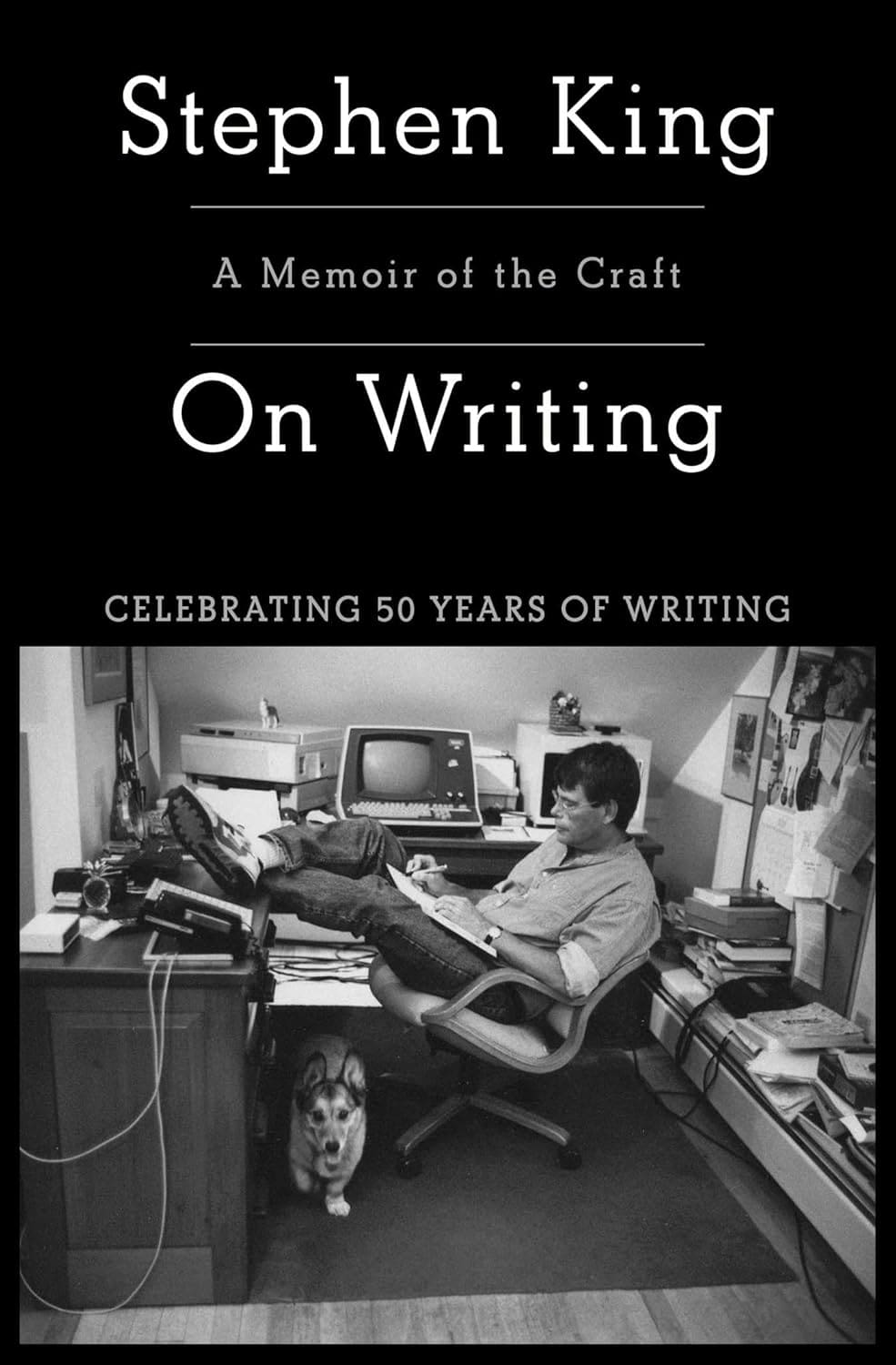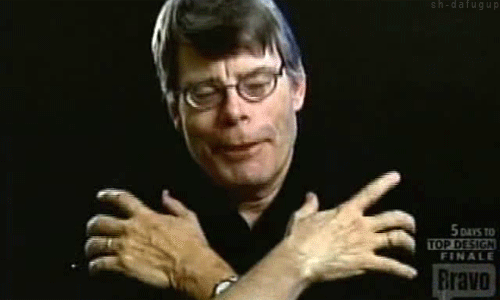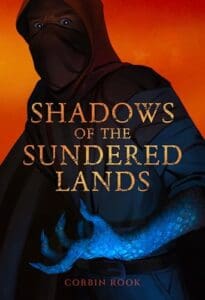
Synopsis
CELEBRATING 50 YEARS OF WRITING with fresh testimonials from fellow writers about why they love Stephen King and On Writing—and a few new words on the joy of writing from King himself.
*ONE OF TIME MAGAZINE’S TOP 100 NONFICTION BOOKS OF ALL TIME*
Immensely helpful and illuminating to any aspiring writer, this special edition of Stephen King’s critically lauded, million-copy bestseller shares the experiences, habits, and convictions that have shaped him and his work.
“Long live the King” hailed Entertainment Weekly upon publication of Stephen King’s On Writing. Part memoir, part master class by one of the bestselling authors of all time, this superb volume is a revealing and practical view of the writer’s craft, comprising the basic tools of the trade every writer must have. King’s advice is grounded in his vivid memories from childhood through his emergence as a writer, from his struggling early career to his widely reported, near-fatal accident in 1999—and how the inextricable link between writing and living spurred his recovery. Brilliantly structured, friendly and inspiring, On Writing will empower and entertain everyone who reads it—fans, writers, and anyone who loves a great story well told.
Review
I received this as a gift, but ended up doing the audio for it due to time.
Strangely enough, I’ve seen handfuls of people talk about this book with the warning “just don’t treat it like scripture!” I’ve had it said to me personally and I’ve seen it said online, and honestly, I’ve not actually seen anyone treat it like that. Could it be because of all of our well meaning warners, or is it just a strange attachment it’s gotten over time?
Anyway, this is a strange little mix of memoir and writing instructional. For someone that claims they don’t really remember their childhood (or maybe he just meant that in relation to the other book he mentioned) this is a pretty detailed recounting. Doctor’s visits, school mishaps, and even somethings with quoted dialogue. I’m not sure I could recount as much! It’s interesting, well paced, and short enough to be entertaining as well as it is informative. I can’t say I’m the biggest fan of King, not by any stretch, but it is interesting to learn more about someone that so many consider a master.
Now for the instructions, habits, and necessities of writing, there are some things in this that I took away as fantastic, and there were things I really disagreed with. On one hand, King’s opinions on adjectives, dialogue, and characters were things I will focus and think over in the future. He is another firmly set in the department of “said” being all that’s needed. And he states that your dialogue and characters actions will dictate how they’re speaking, not a simple word attached to said. Are your characters fighting? Readers will assume they may be getting loud. Are you characters hidden in a closet while a madman hunts them? Readers will assume they are whispering. That doesn’t mean that a well placed word can’t help, but to do it often is just fluff.
King is a big reader, and he spent a lot of his time growing up writing. But he then says that he firmly believes that a bad writer cannot become good, and a good writer cannot become great. And it feels as if we’re just supposed to believe that by him writing and reading as a teen that he was just miraculously chosen as one of the greats (of the three options given, I figured this one is the one people would label him as, he certainly does not do so himself)? I do believe in natural talent, but with something so obviously learned like writing skills, I can’t believe someone like him could believe that these people are simply made, or somehow chosen? Furthermore, when he goes into his best “practices” (his daily routines) he mentions needing to continually write, always working on the craft, and to read voraciously. Both things I’d personally consider to be PRACTICE. It almost seems like what he said and what he does are at odds there…
Regardless of if you agree with him or me, this is short on being a masterclass in writing technique, and frankly, he wasn’t trying to make it one. He remarks on how many of these exist, what he could possibly add, and who is he to even do so. And in that sense, as well as the personal tidbits, this remains an informative, enjoyable and grounded read. I am getting into more reads by the author, and I can see he’s a fantastic writer, so it was also nice to see that he doesn’t have a big head. And the narration by the author is always a nice touch.









Leave a Reply